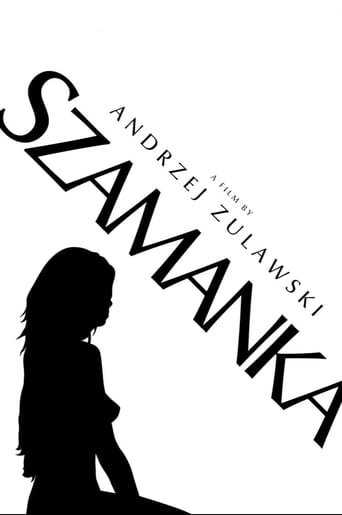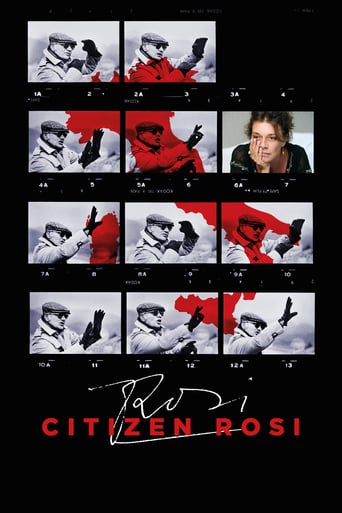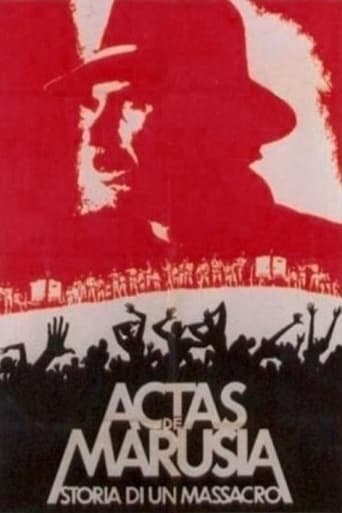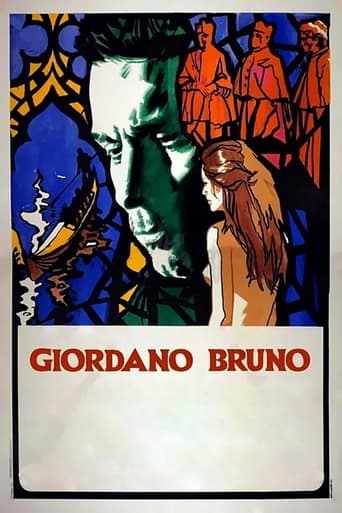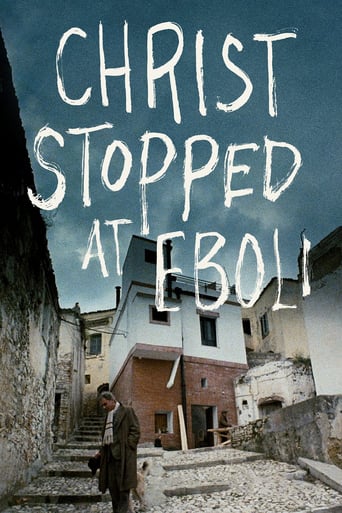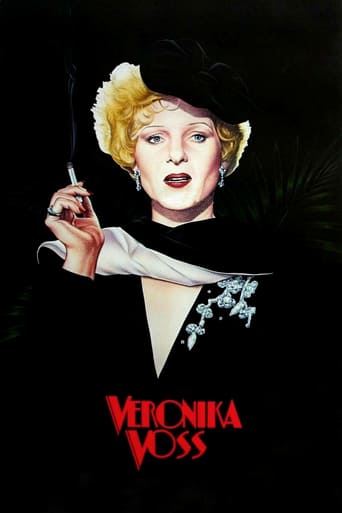


Veronika Voss
In Munich 1955, German film star Veronika Voss becomes a drug addict at the mercy of corrupt Dr. Marianne Katz, who keeps her supplied with morphine. After meeting sports writer Robert Krohn, Veronika begins to dream of a return to stardom. As the couple's relationship escalates in intensity, Veronika begins seriously planning her return to the screen -- only to realize how debilitated she has become through her drug habit.
-
- Cast:
- Rosel Zech , Hilmar Thate , Annemarie Düringer , Doris Schade , Erik Schumann , Elisabeth Volkmann , Armin Mueller-Stahl


Similar titles

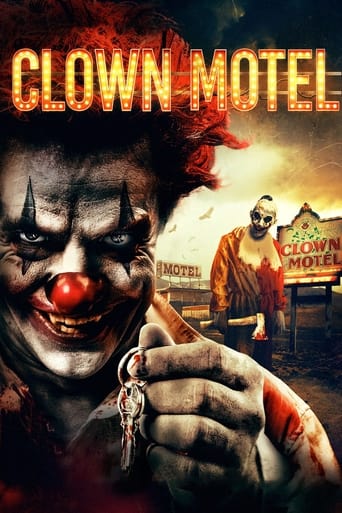
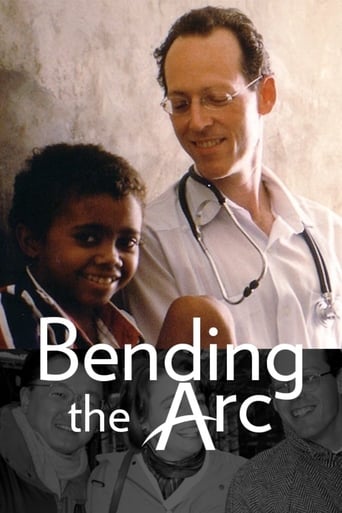

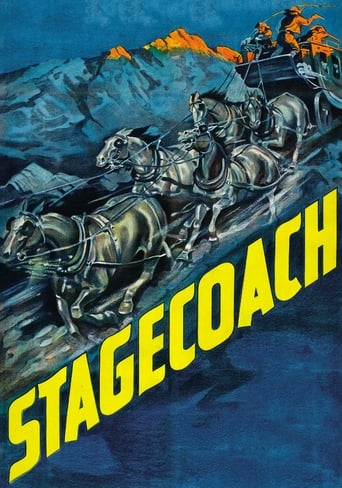
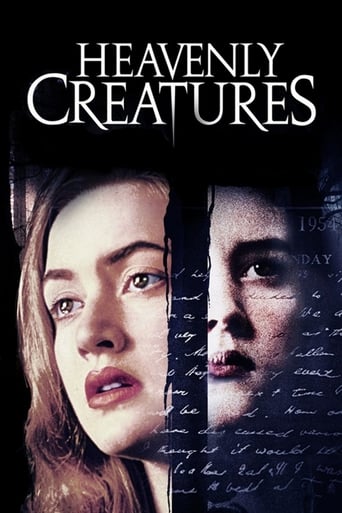
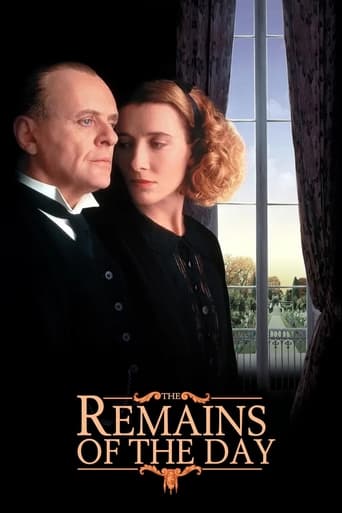
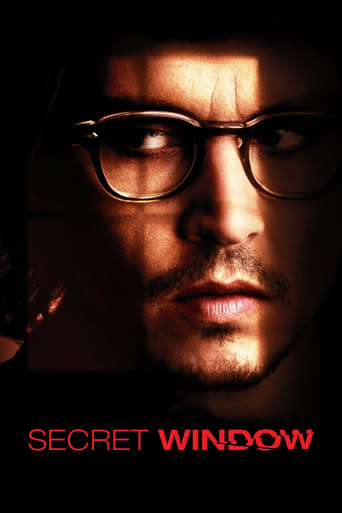
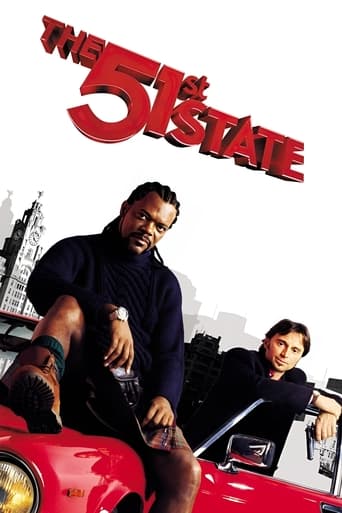
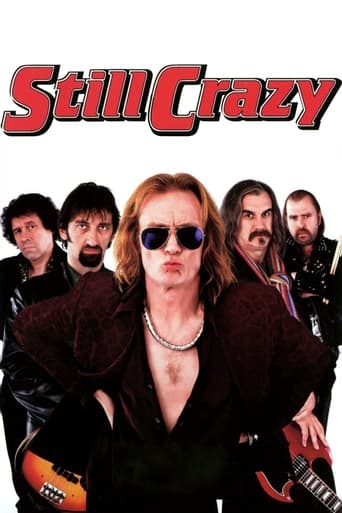
Reviews
the audience applauded
This is a tender, generous movie that likes its characters and presents them as real people, full of flaws and strengths.
This is a must-see and one of the best documentaries - and films - of this year.
The story, direction, characters, and writing/dialogue is akin to taking a tranquilizer shot to the neck, but everything else was so well done.
I liked "Veronika Voss" surprisingly much. I saw some themes in there that kept my interest. So far I hadn't liked RWF's films of his last period (that's out of three periods). I especially liked how it took the word "Sehnsucht" literally: sehnen = yearning; Sucht = addiction. It's how I like to ponder on the word.What I think appealed to Robert about Veronika was her public status. She was a prestigious grande dame, not unattractive and he thought she was rich. Such a person has a special appeal. Robert's girlfriend also understood this appeal very well and almost accepted the situation without putting up a fight. Robert's appeal for Veronika was that she told herself that he was interested in her for her own (fading) beauty, while in reality he did recognize the film star before he offered her "umbrella and protection".A moment that made me break out in laughter was also towards the beginning when Veronika and Robert are having a drink, he says something like "reality isn't like a movie", she agrees and not even a second later she turns to the waiter and bursts out: "The lighting is hideous in here! Turn those lights off and light the candles!" Also unsubtle but very poignant and a humorous moment.For a minute I was a bit disappointed when in the film suddenly a villain emerged in the person of the doctor. It wasn't what I wanted from the film, but it unexpectedly actually made this RWF's most suspenseful film because of the second half. I find it to be more of a thriller than 'Martha' was.The scene with Veronika denying Robert Krohn in front of the police I thought would have made a satisfying and poignant ending but it continued the story quite hastily with Veronika dying and Robert giving up, which eventually also made for a good and probably even more poignant ending.I'm sure those anything-but-subtle lens flares had their purpose. For Veronika it wasn't just a happy past but she glorifies this time of her life, which justifies this extreme visual effect.The overall bright B&W photography is excellent eye candy. It's an unusual approach to tell a dark story in so much white and to tell a relatively sober period piece in stark B&W.
Veronika Voss (1982) was the final part of director Rainer Werner Fassbinder's celebrated trilogy of films that looked specifically at the period following the end of the Second World War, and in particular, the socio-political and economic re-birth of Germany following the Wirtschaftswunder. All three films in the trilogy look at these situations through the eyes of a strong-willed, arrogant and determined female-protagonist who strives against all odds to achieve the kind of lifestyle that she has always desired, but, once she does, finds herself still feeling empty and lacking in spirit. The characters in these films come to represent Fassbinder's own feelings about the Germany of this particular period, whilst simultaneously acting as an allegorical portrayal and deeper interpretation of the qualities and characteristics of the country itself.The first film in this loose, thematic trilogy, The Marriage of Maria Braun (1979), looked at the ideas of determination and the triumph of will that would go towards rebuilding Germany from the ashes of the Second World War through the eyes of resolute young woman willing to push her own emotional stability to breaking point in order to secure a better future for her and her incarcerated husband. The second film, Lola (1981), which took its inspiration from Josef von Sternberg's The Blue Angel (1930), looked at how that same sense of opportunism, greed and determination can be used for more selfish reasons, sowing the seeds of tragedy and eventual air of blind exploitation that will come full circle here. Veronika Voss exists in very much the same cinematic universe as the two other films that would come to form the backbone of what would eventually become known "the BRD trilogy"; though Fassbinder himself had often talked of plans to make more films in a similar vein - analysing post-war German history through to the present day - but was unable to continue the theme due to his untimely death in June of 1982.It would have been interesting to see where Fassbinder would have taken these continuing themes following Veronika Voss, which ends on a perfect note of heartbreaking cynicism, very much in tune with the Germany, and indeed, the world itself at the end of the 1970's; representing in a sense the same emotional landscape of cold desperation and political confusion presented in his more personal, contemporary-set films of the same era, such as In a Year of 13 Moons (1978) and The Third Generation (1979). Like those films, Veronika Voss continues Fassbinder's reputation as probably the greatest exploitation filmmaker who ever lived, in the sense of the crushing despair and continual disappointment that befalls his various characters whenever they put their trust in the hands of others. This can be seen as far back as the masterful Fox and his Friends (1975) as well as the underrated Mother Kusters' Trip to Heaven (1976), with Veronika Voss continuing the themes of those particular films, but with the greater sense of visual experimentation and bold use of mise-en-scene that would be found in his last few films following The Marriage of Maria Braun.Whereas that film employed a much grittier use of production design and almost unglamorous use of cinematography - the complete antithesis to the subsequent Lola and its gorgeous kaleidoscope of luminous colours and expressive use of shadow - Veronika Voss is presented in cold, stark, gorgeously textured black and white. The use of photography combined with the costume and production design not only give us a definite feel for the period in which the film is set, but also a great understanding of the moods of the characters and the atmosphere of the world in which they inhabit. It also allows Fassbinder and his cinematographer Xaver Schwarzenberger to draw parallels, not only to the 40's and 50's set Hollywood melodramas that have seemingly inspired the plot and use of character - I'm thinking specifically of references to Sunset Blvd (1950) - but also capturing the very iconic style of the early, pre-Second World War cinema of the UFA film studios, which plays an important part in Veronika's spiral into the pits of despair.Fassbinder incorporates other elements such as a romantic subplot and traces of a perhaps volatile love triangle with more elaborate references to detective fiction, cinema and the blurring of the past with the present. These stylistic devices help to keep the film moving with a brisk enough pace, while the continual use of confinement and claustrophobic camera angles that exaggerate how close, yet similarly disconnected the characters are from one another, help to convey the more hopeless and alienated aspects of Veronika's internal state-of-mind. Without question, this is one of Fassbinder's most interesting films; a bleak and bitter minor masterpiece that continues the themes and ideas behind The Marriage of Maria Braun and Lola, whilst also bringing to a close, in hindsight, a number of reoccurring themes familiar to anyone with a fondness for or interest in Fassbinder's life and work.Veronika Voss is intelligent and deeply emotional film-making rife with ideas that are still relevant, both socially and historically; such as the aforementioned allusions to the UFA film studios as well as Veronika's hinted affair with Joseph Goebbels and the broader, more controversial historical implications suggested therein. As with the majority of the Fassbinder's work, Veronika Voss is intense, evocative and unbelievably well acted - particularly by Rosel Zech, Himar Thate and Annemarie Düringer - though it is perhaps worth mentioning that the bleak arch of the narrative combined with the almost despairing allusions to the again aforementioned Sunset Blvd (and films of that ilk) may be a little too formidable or uninviting for some. Although Fassbinder would go on to produce one more film before his death, the dizzying and surreal adaptation of Genet's Querelle (1982), Veronika Voss - along with the other two films in the BRD trilogy - is a fitting testament to his enormous talent and under-appreciated genius.
A famous German actress, Veronika Voss (Rozel Zech) in her forties tries to revive her career while struggling with alcohol and drugs in the final chapter to Fassbinder's trilogy about collapse of the West German postwar dream. The film was inspired by the tragic life of famous UFA actress, Sybille Schmitz (1909-1955). She began her career in the films by the giants such Georg Wilhelm Pabst and Carl Theodor Dreyer and soon became one of Germany's beloved actress. Everything changed during the WWII and especially after its end.Fassbinder's film which was shot in black and white visually is very impressive. "Light and shadows are two cinema's best secrets" says Veronika in the movie and light and shadows make the film a joy to behold. I like it but I think it is the weakest part of the trilogy perhaps because "Lola" and "Maria Braun" are so strong. I found the documentary about Sybille Schmitz, "Dances with Death" which is included on Criterion DVD much more compelling.Veronika - 7/10 Dances with Death 8.5/10
The black & white cinematography is extremely elegant and in some scenes the light points shine as stars. Fassbinder adopts styles similar to those from the films where Veronika Voss could have acted if she existed, and leads the film to the end without much of his forced pedantism. Among the best scenes is one of the final sequences, in which Veronika dreams being again the center of the attentions (singing "Dreams are made of this"), and the continuous takes in her attempt to reestabilish her acting. Near its half, the film starts to lose the cohesion and some ways of development of the plot are wasted to arrive in a stupid and complacent ending.

